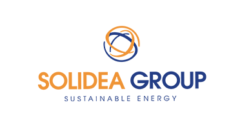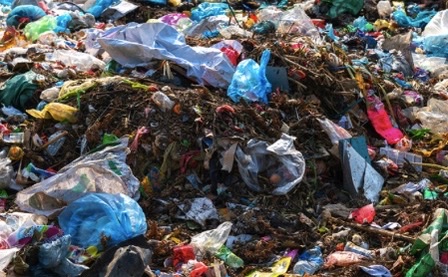
Friday 26 January, Warsaw Poland.
Syngas Project has been at the forefront of innovation with the development of the TITAN platform in Poland for almost a decade; specifically tailored for the production of 2nd generation ethanol (2G EtOH), a vital intermediary for fuelling Sustainable Aviation Fuel (SAF) refineries.
Despite the urgency of the situation, the groundbreaking TITAN platform finds itself still sitting on the sidelines, facing the challenge of not yet finalising the allocation of funding required to propel it through the final leg of the EPC tender. This step is crucial in making TITAN investment-ready and leading to groundbreaking, initiating a 25-year-plus construction roll-out. The financial hurdle currently faced by the project puts it in a state of uncertainty, which is particularly frustrating given the imminent 2% EU Sustainable Aviation Fuel (SAF) mandate scheduled for next year and the daunting 20% EU SAF mandate for 2030 looming on the horizon. TITAN’s potential to revolutionise SAF production in Poland and contribute to meeting these mandates makes the need for support and the release of funding even more pressing.
As the destiny of CPK teeters on the brink, the imperative to address LOT’s Sustainable Aviation Fuel (SAF) requirements becomes increasingly urgent. With each passing moment of delay, the pressure mounts on an already precarious situation, akin to an inflated balloon atop the proposed 46 billion Euro bill for CPK. Time is of the essence, and failure to swiftly meet LOT’s SAF needs jeopardises not only the realisation of CPK’s vision but also risks losing an airline and leaving behind a significant financial burden. Swift action is essential to avert this outcome and ensure the sustainable future of aviation in Poland.



